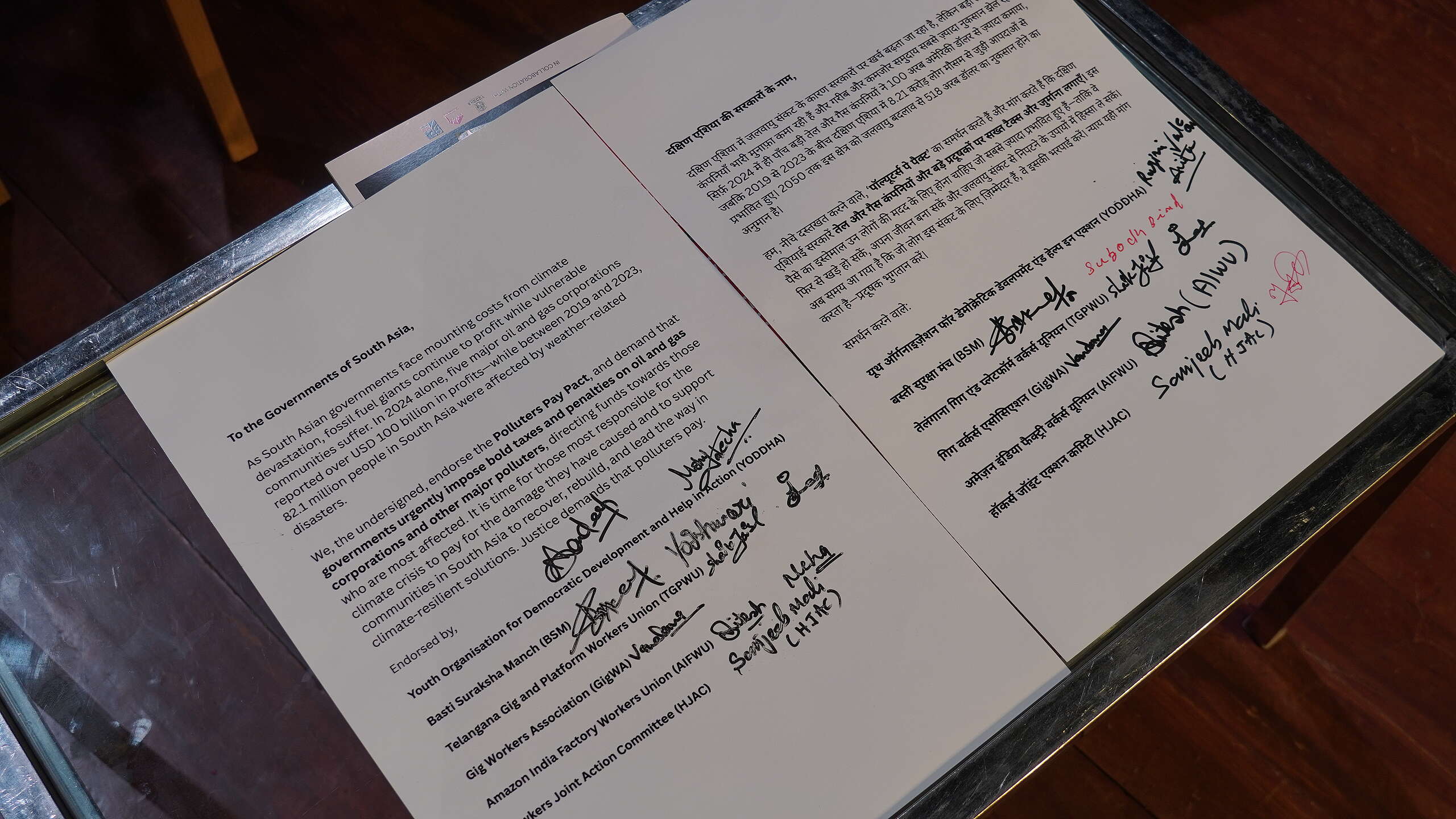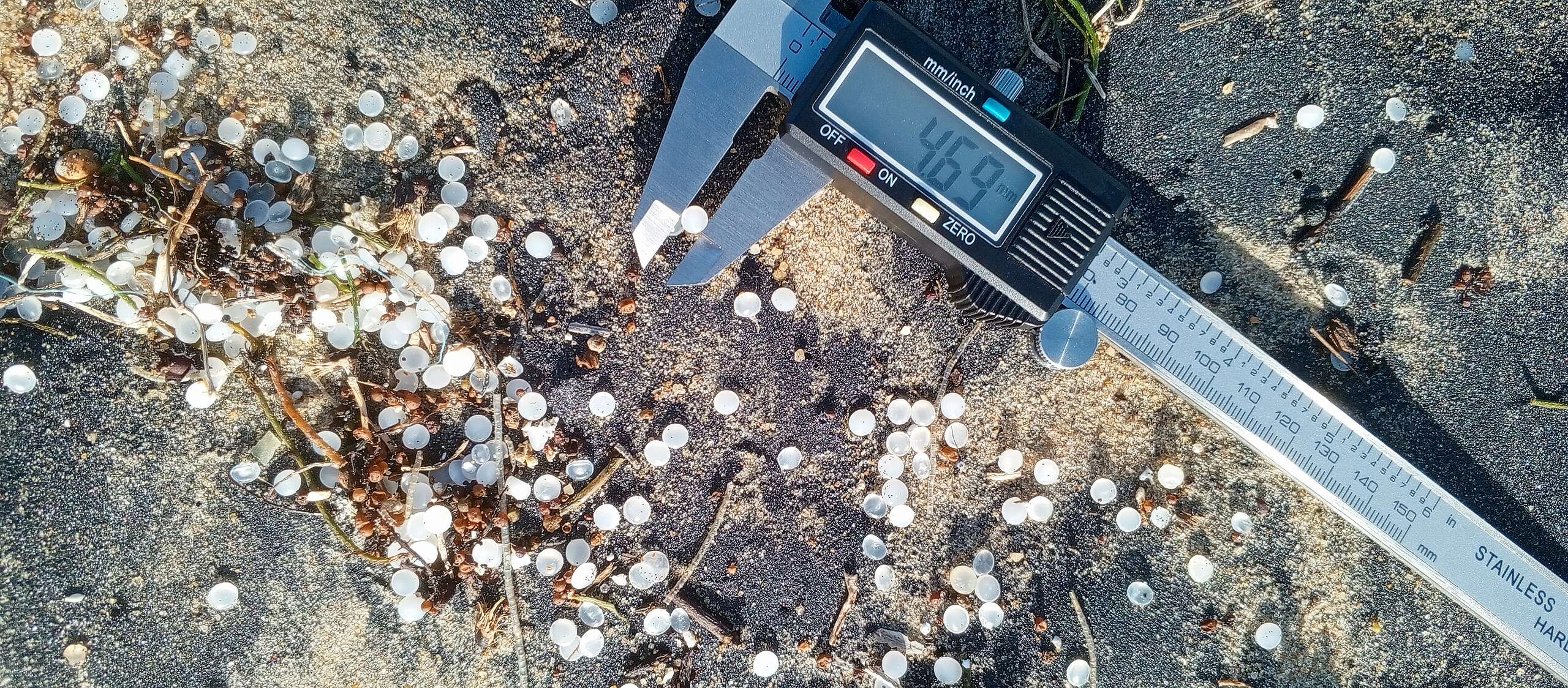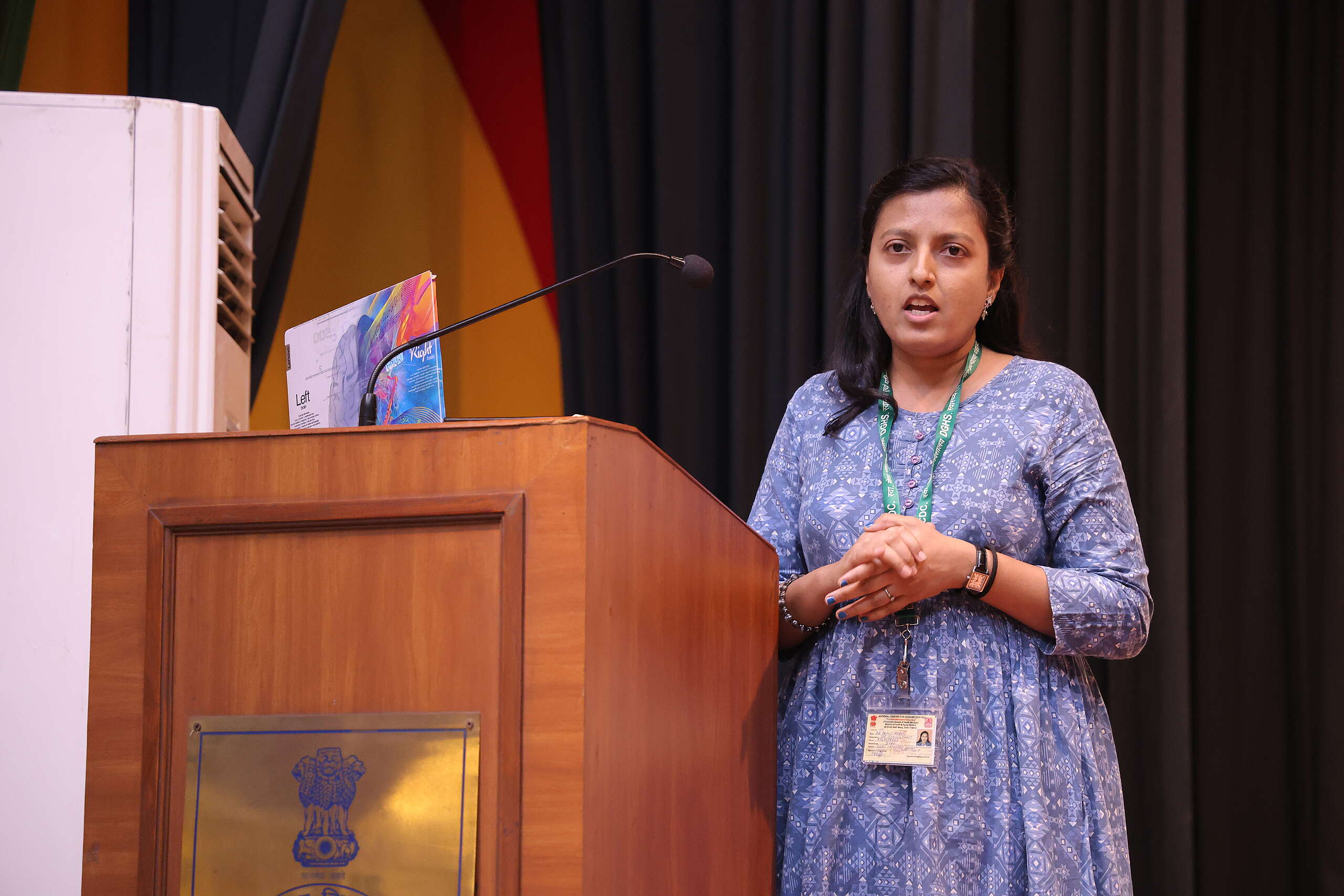Every year we observe World bee day on May 20th. The day, which was officially declared by the UN in 2018, coincides with the birthday of Anton Janša a, Slovenian beekeeper and teacher of beekeeping. This year, we are observing the importance of bees in our ecosystem in the middle of global pandemic due to Covid-19. We cannot disagree that human interference in one or the other way is a threat to mankind and all living beings. But bees in many ways help sustain life on the planet.
Many of you reading this would have thought of bees as pesky insects at some point in time. You would have been bothered by the formation of beehives in your highrise building in cities. But if you are getting to witness the hive, let us tell you that you are witnessing the sustenance of our planet
Bees are the biggest crop pollinators on the planet. They are the reason we eat, other animals eat and why life sustains on earth the way we know it. Hence the significant reduction in bee population due to habitat loss and land use change should worry us all. Without insect pollination many of our widely consumed and nutritious food crops, fruits and vegetables would not exist today.

There are more than 20,000 bee species on earth. While many bees live a solitary life, there are a few social bees. Most of the time, we relate bees only to ‘honey bees’ which are social insects. Social bees are of great interest because both honey and money are involved in beekeeping and pollination services. Though solitary bees contribute equally to pollination, they are generally not identified as income generating or domesticated insects; they are often ignored or taken for granted.
There are also native honey bees in many countries which are facing decline in population due to climate change, loss of habitat and change in the agricultural practices where a lot of pesticides are used. In fact, these reasons are pushing 40% of the world’s insects towards extinction. Bees are considered as keystone species which are responsible for maintaining the biodiversity in forests, shrub land and even in urban habitats. Regeneration of forest requires pollination at the right time so that seed dispersal and germination can happen through animals that can eat seeds or fruits. According to the UN, 75% of the world’s food crops depend on animal pollination, linking pollinators like bees directly to global food security.
Although awareness is being spread by many organisations including the UN, the way we interact with bees needs to change too. For example, let us talk about frequent cases of bee-human conflict in India. Case in point being that of Apis dorsata a bee species found in Asia that cannot be domesticated like Apis mellifera and Apis cerana. They are also known as ‘Asiatic giant bees’ and attack only when provoked by humans or animals. These bees are migratory in nature and they choose a tall and stable habitat for nesting. Fast paced urbanisation in India has taken out many trees which used to be nesting sites for bees and now are replaced with huge apartment complexes. When these bee colonies make nests in the balconies of apartments, residents call pest control companies to address the problem. Since there is no policy made to protect bees, pest control companies kill them. Anecdotal data says more than 300 bee colonies are killed every day in Bengaluru alone. We need to address this problem by giving protection to Apis dorsata bees.
What can you do to conserve bees?
Plant bee flora – It depends on whether you live in a temperate, subtropical or tropical zone. Grow sunflowers, sesame, mustard, dandelions, coriander, ice cream creepers, or wild plants and trees which are key forage for bees..
Know your bees – The more you know about bees, the more you love them! Try to hear hum/buzz in gardens. Identify different solitary bees by taking pictures and try to find out their names. Try to identify and locate their nests without disturbing them.
Urban beekeeping – Urban beekeeping is one of the ways to spread awareness about bees since it is predominantly done by hobbyists. The more you talk about bees to your friends and families, the more you will protect them.
Buy honey from local beekeepers – Small scale beekeepers are more compassionate and ethical in practices. If you want to understand more about the world of bees and honey, you can talk to a beekeeper and buy a jar of delicious honey.
Talk to the government – Talk to your local leader/politician about organising talks, discussions and events to spread awareness about bee-ecology.
Social media plays a major role in bee conservation by sharing information about organisations and passionate individuals who are working on conservation projects. We call on all bee-enthusiasts to share their thoughts and ideas to protect habitats for our bees.
Apoorva BV
Chairman
The Hive
Bengaluru



